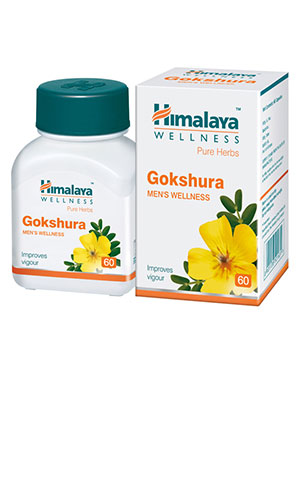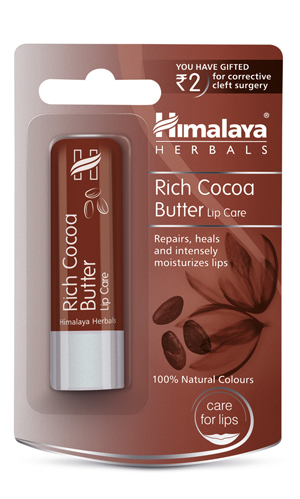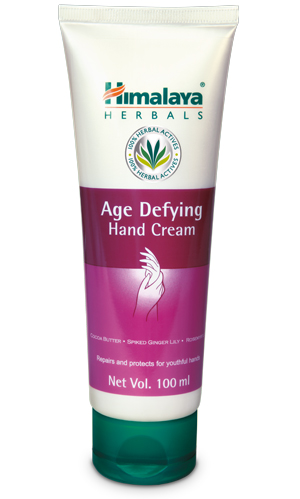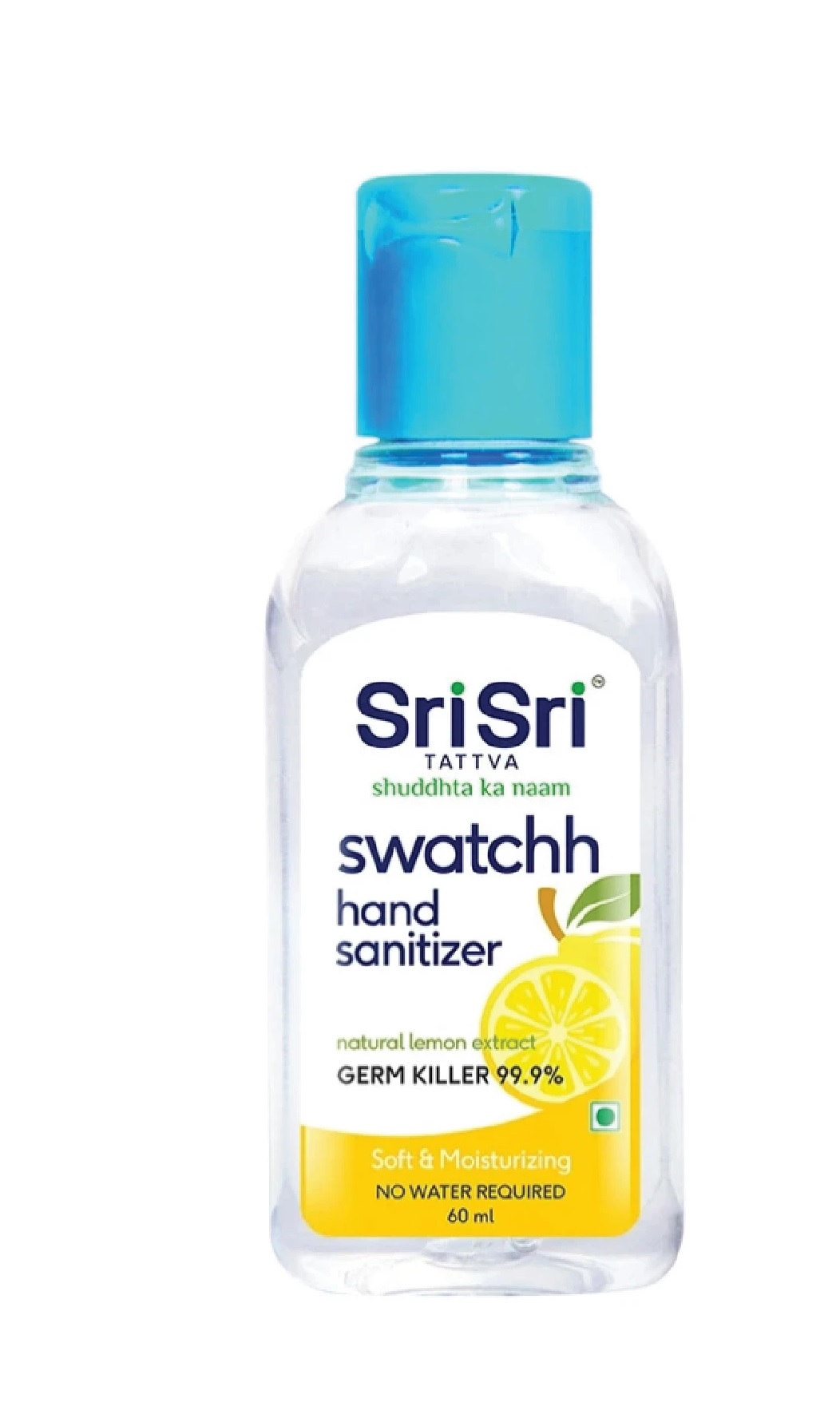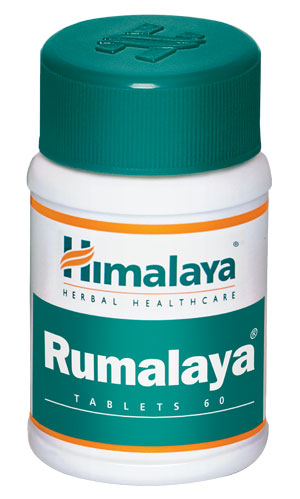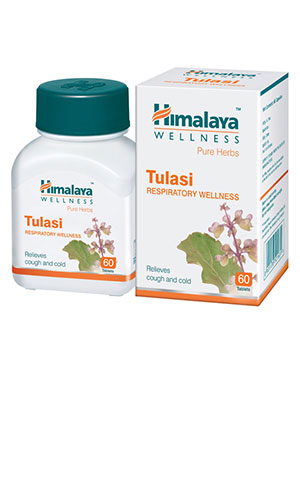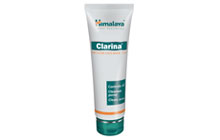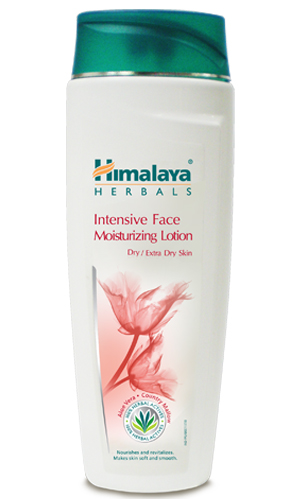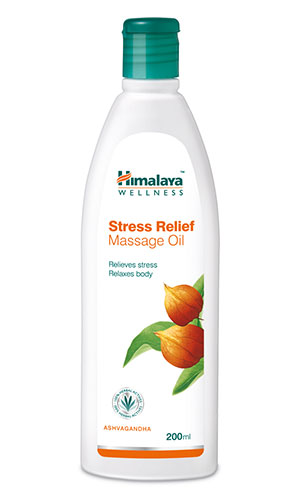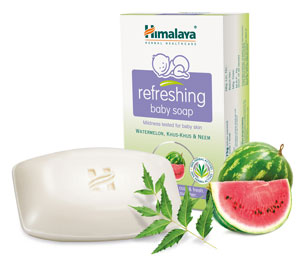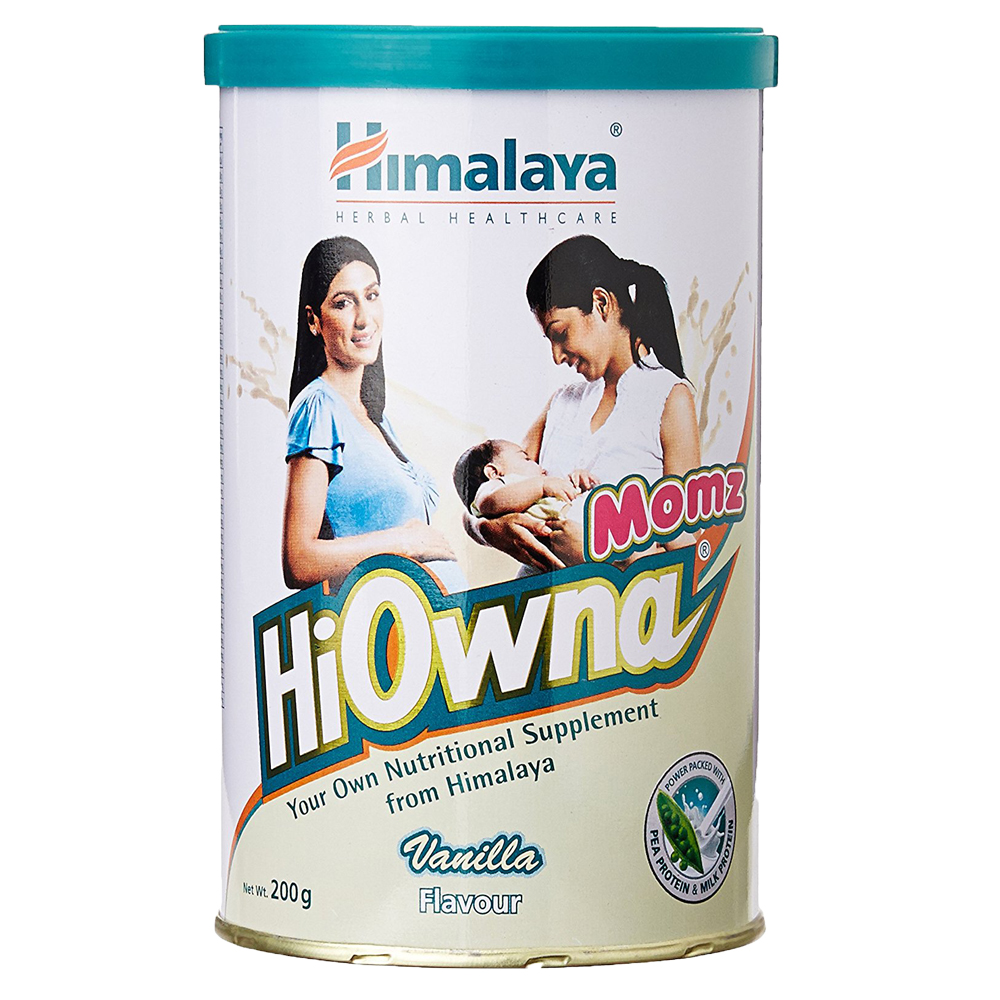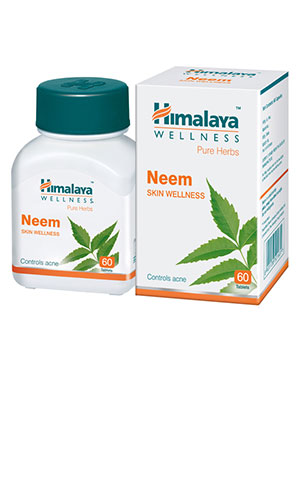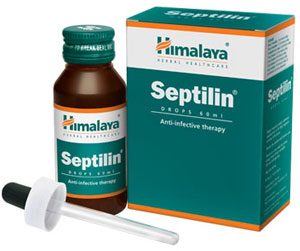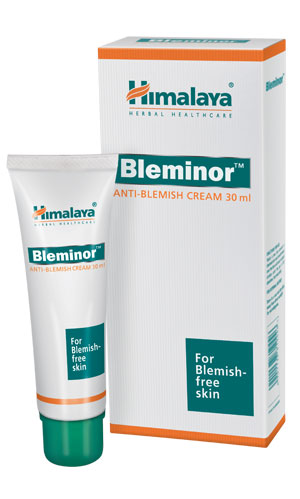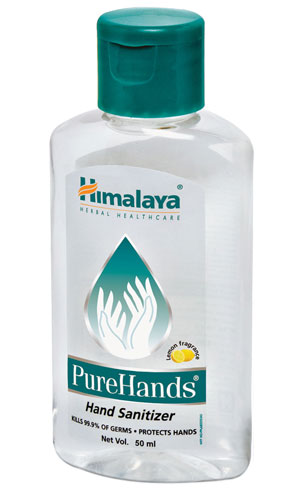
5% off
Himalaya Pure Hands
$7.13 $7.50
Expected Delivery time 2-5 days
Instant Protection on the Go
What it does:
The first of its kind, Himalaya's PureHands is an effective, herbal, alcohol-based hand sanitizer, which kills 99.9% of germs, prevents infection, and ensures total hand hygiene.
PureHands contains extracts of herbs like Coriander, which have potent antimicrobial properties and Lime, which is a natural bactericidal. In addition, the active ingredients of Neem, which are antibacterial, fungicidal and antiviral, safely keep viruses, bacteria and fungi at bay.
Key ingredients:
- Hrivera is a strongly aromatic herb, which has antibacterial, deodorizing and cooling properties. It also softens hands.
- Coriander is derived from the oil of a herb called Oil Coriandrol. The fruits of the herb possess antimicrobial and astringent properties.
- Lime is a rich source of vitamin C. It protects the skin from oxidative damage and helps prevent itching. The oil of lemon warms the skin when applied externally. The juice also has bactericidal and astringent properties.
- Ushira is an astringent and antibacterial herb. When applied externally, it removes excess heat from the body and provides a cooling effect.
- Neem extracts possess antibacterial, antiviral and antifungal properties. The tree stem, root and bark have astringent, tonic and antiperiodic properties. Neem is used to treat skin diseases.
Directions for use: Squeeze approximately 0.5 ml (coin-sized drop) of the gel on your palms. Rub well over the palms, back of hands, fingernails and grooves briskly, until dry. No water is required after use.
PureHands is absolutely safe for regular use. It contains moisturizers that prevent skin irritation and dryness. The product has been clinically tested, and its safety and efficacy is proven.
Pack size: 50ml
Tell me more: A series of clinical studies conducted at leading hospitals in India shows that Himalaya's PureHands significantly reduces microbial germs that can cause a variety of illnesses.
Frequently asked questions:
- Washing hands is the age-old method to keep contagious diseases, from the common cold to swine flu, at bay. Health experts agree that a simple measure like frequent hand washing can be very effective in protecting against all types of infections.
- While viruses spread through coughs and sneezes, recent evidence has shown that some germs linger on surfaces like doorknobs, desks and phones, and are transferred via the fingers to the mouth, nose or eyes.
- Washing hands frequently can protect you from the germs that may have been transferred from direct contact with an infected person (through shaking hands, for example) or indirect contact by touching objects and surfaces.
Believe it or not, there is a right way to wash your hands! Just some water and a drop of soap is not enough!
To clean hands properly:
- Use warm water (not cold or hot).
- Use soap.
- Rub your hands together and make sure you have scrubbed all surfaces including both sides of your hands, wrists, between the fingers and around the nails.
- Rinse well under warm, running water and pat dry with a clean towel.
- If you suspect that your hands have come into contact with someone with an infection, consider using an alcohol-based hand sanitizer.
In the absence of water, use an alcohol-based hand sanitizer. Alcohol-based hand sanitizers are effective in destroying viruses and bacteria.
The World Health Organization states that one should use an alcohol-based hand sanitizer if soap and water are not accessible.
In fact, the United States Centers for Disease Control and Prevention (CDC) recommends fast drying alcohol gels over soap and water to kill germs and thereby cut infection rates by half! The CDC has advised using a hand sanitizer to prevent against swine flu infection, for example.
When do I use an alcohol-based hand sanitizer?
- Routine hand cleansing.
- Before touching or eating food.
- Before and after attending to a sick person.
- Before touching a baby or infant.
- During travel or after using public transport.
- After contact with surfaces in public places.
- After using the washroom or public toilet.
- After handling pets or animals.
- After visiting a hospital or nursing home.
- After doing household work like cleaning, dusting, handling garbage, etc.

